Cruising is becoming more popular every year, with over 30 million people expected to take a cruise holiday in 2019. To accommodate this growing demand, more ships are being built (often larger and with more facilities on-board) and new ports of call are being added to itineraries. But what is the environmental impact of the growing cruise industry? And what are cruise lines doing to minimise the impact of cruise travel on the environment?
The reputation of the cruise industry
There’s no denying that cruising has a bad reputation for environmental consideration, with horror stories in the news of sewage and rubbish being dumped at sea and increased air pollution in port cities. In 2016, Princess Cruises was fined £32,000,000 for illegal oil dumping and in 2017 they were blasted again for releasing hundreds of balloons into the air as part of a marketing stunt.
Thankfully, such incidents are rare and in recent years it appears that the news headlines have been much more focused on the efforts that the cruise industry is making to turn things around and improve the green credentials of the cruise industry.
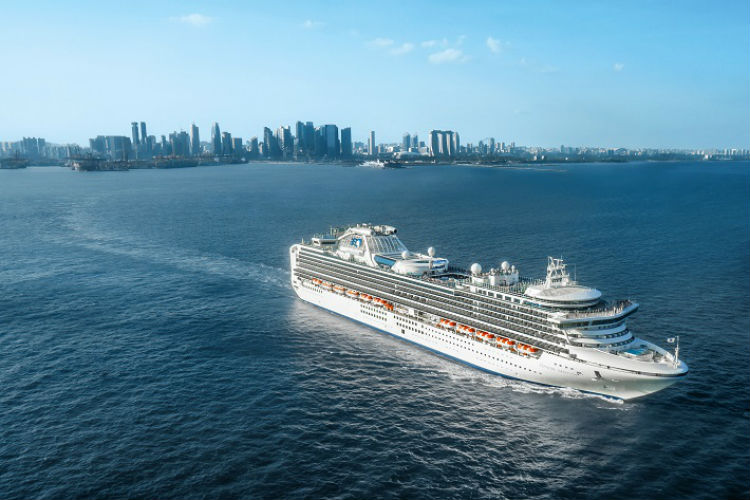
A global focus on change
The world is becoming more focused on a whole range of environmental issues, not just in the cruise industry, but across every aspect of our lives – and this can only be a good thing.
To ensure that cruise ships are complying with environmental regulations, each cruise ship receives regular inspections from the ports they visit, countries where they are registered and other independent agencies. Each ships’ equipment is checked thoroughly to ensure that they are following the recommended practices for waste management, emissions and water treatment.
In 2016, the International Maritime Organization (IMO) announced a global cap on sulphur emissions – meaning that from 2020, ships will be required to either use greener fuels or install exhaust gas cleaning systems to reduce the toxicity of their emissions. Cruise Lines International Association senior vice president of maritime policy, Brian Salerno, commented that the cruise industry is “well on the way to full compliance with the sulphur cap”.
New technology for greener cruising
Although cruise ships make up less than one percent of the ships in the ocean, cruise lines are at the forefront in developing responsible environmental practices and are coming up with innovative new technologies which are leading the way for a greener maritime industry in the future. They are also employing dedicated professionals whose sole aim is to improve the green credentials of cruise ships.
Reducing air pollution
To comply with IMO rules, cruise lines are making big improvements to emissions by retro-fitting exhaust gas cleaning systems (also known as scrubbers) which remove up to 98% of the sulfur oxide emissions from a ship’s exhaust. In addition, cruise lines have also started to build ships powered by liquefied natural gas (LNG), a clean source of fuel. The first LNG-powered ship, AIDAnova has already launched, with further LNG ships under construction including the much-anticipated P&O Iona and Carnival Mardi Gras.
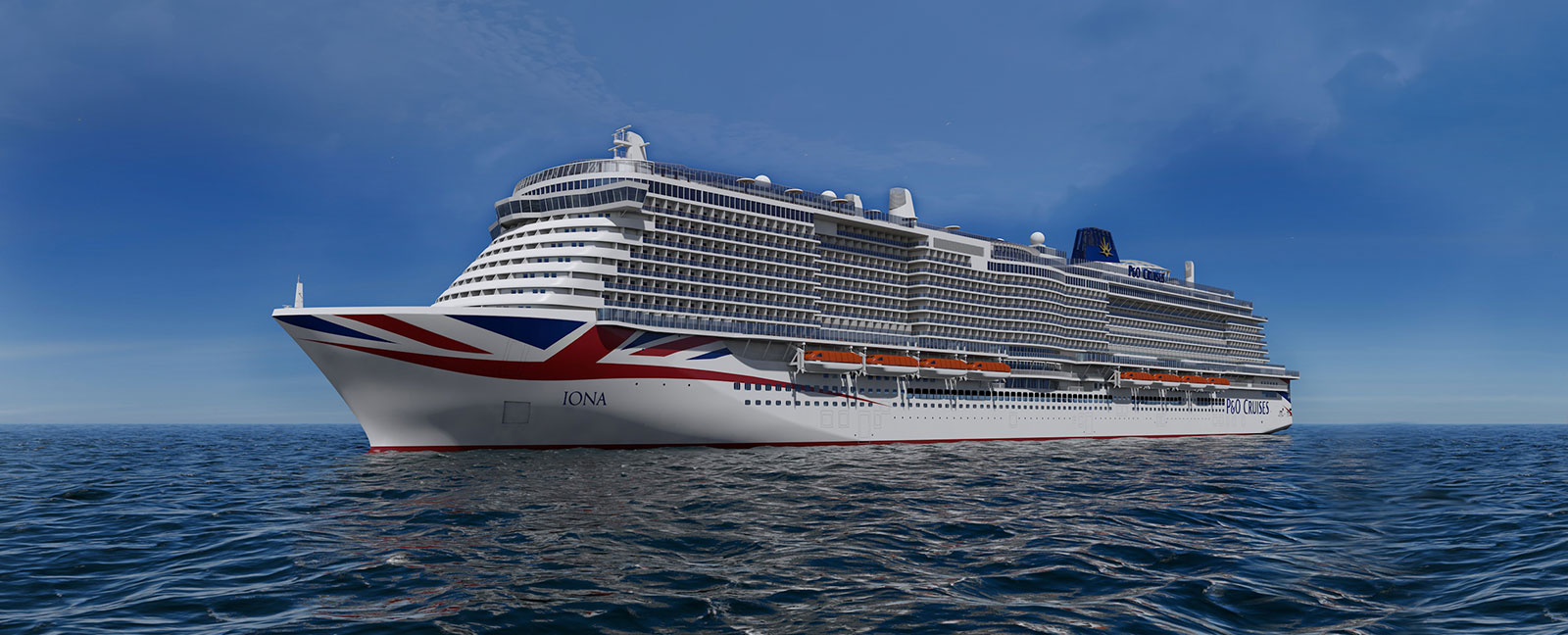
Reducing the use of fossil fuels
Whilst LNG is cleaner than diesel, it’s still a fossil fuel as so isn’t sustainable in the long term. However, technology is now being rolled out to power cruise ships using renewable energy sources. Hurtigruten is converting its ships to use biogas, a renewable energy source which is generated ashore from organic waste such as the leftovers of fish processed for food. Virgin Voyages’ first ship, Scarlet Lady, is expected to feature an on-board system which converts passenger waste such as sewage, food and paper into to biofuel which is then used to power the ship.
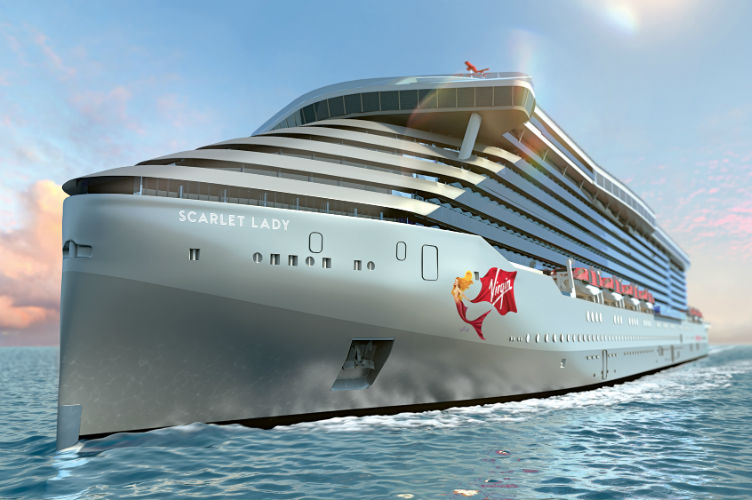
Improving energy efficiency
New hull designs, as well as painting hulls with special silicon-based paint, has enabled ships to become more energy efficient by reducing friction as they glide through the water. Cruise ships are also switching to use low-energy LED lights and higher efficiency appliances, as well as recycling hot water to use for heating and using newly-developed window coatings to reduce the need for air-conditioning.
Waste management
Some cruise ships now repurpose 100 percent of the waste generated on-board by converting it into energy. Highly-trained waste management professionals are employed on-board, which has resulted in 60 percent more waste being recycled per person per day whilst on-board compared to what the average person recycles on shore. Hurtigruten have become the world’s first plastic-free cruise company, banning all single-use plastic items such as straws, stirrers, cups, lids, cutlery, packets of butter and aprons, and it is expected that others will follow suit.
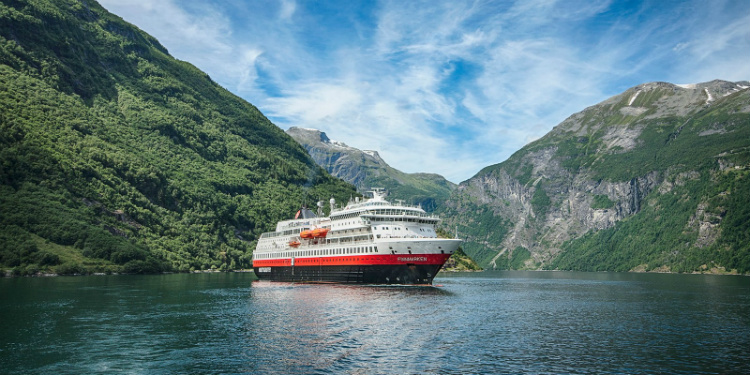
What is each cruise line doing to improve?
The large cruise lines all have an environment and sustainability section on their websites where you can find out what they are doing to reduce their impact. You can find them here: Celebrity Cruises, Crystal Cruises, Cunard, Fred Olsen, Holland America, MSC Cruises, Norwegian Cruise Line, P&O Cruises, Princess Cruises, Royal Caribbean.
What you can do
Although once you’re on-board you’re generally reliant on the cruise line when it comes to the environmental impact of your holiday, there are still some things that you can do yourself. These are the little changes which you can do anywhere you go, and if enough people join in, they can certainly make a big difference.
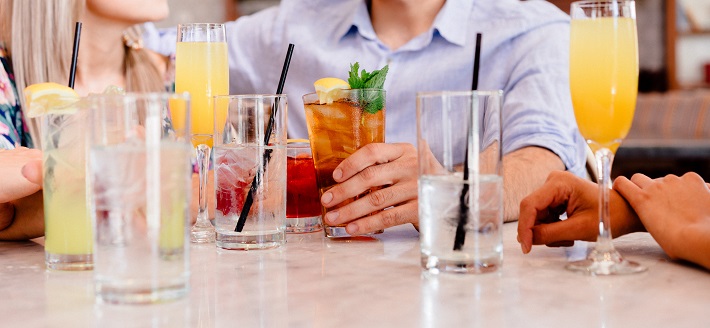
Recycle where possible – Most ships have recycling bins for paper, plastic, glass and metal, so make sure that you use them, and be sure to never throw anything overboard.
Limit single-use plastics – Bring a refillable plastic bottle rather than buying bottled water, avoid using plastic straws and pack a re-usable shopping bag.
Reduce energy consumption – Open your balcony door rather than relying on air-conditioning in your cabin, turn lights of when you don’t need them and take care to unplug electrical items when they’re not being used.
Reduce water usage – Take shorter showers, turn off taps whilst cleaning your teeth and reuse bath and pool towels rather than requesting a fresh one every day.
Choose the vegetarian or vegan option – Meat and dairy production has a huge environmental impact and by choosing a meat-free option more often, you’re not only reducing this impact a little bit, but also encouraging the cruise lines to add more vegetarian and vegan options to their menus.
Bring your own toiletries – Rather than using a dozen mini bottles of shampoo and shower gel, bring your own soap and shampoo bars.
Can cruising ever be sustainable?
If you’re focused on a low impact, sustainable holiday, then cruising probably isn’t for you in 2019. But can it be sustainable in the future? Absolutely.
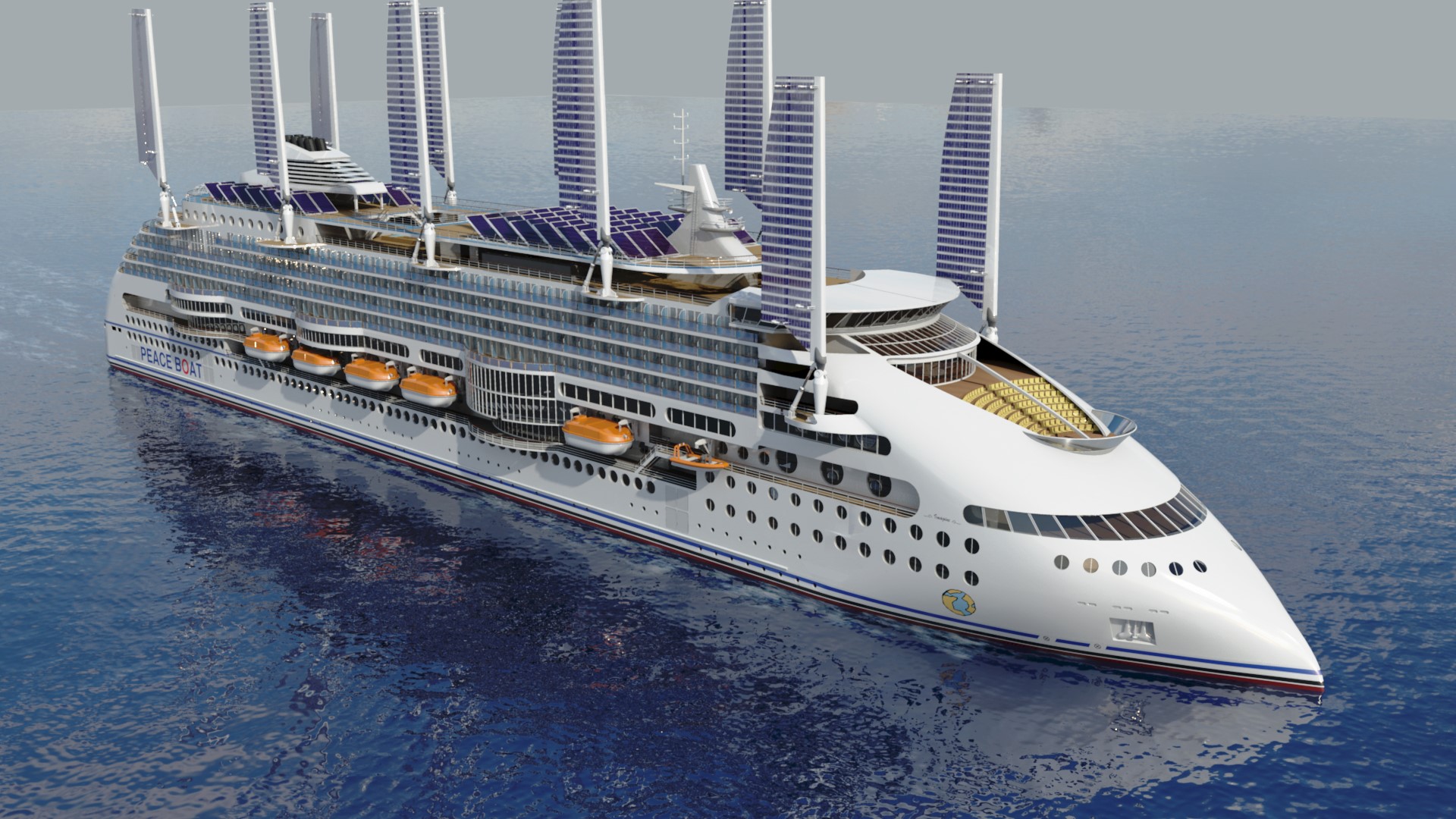
The Japanese company Peace Boat is currently creating the world’s most eco-friendly cruise ship. Set to launch in 2020, the Ecoship will generate its own power and create virtually zero waste. Featuring wind-powered generators and solar sails, the ships will also have an on-board farm to grow organic vegetables for meals.
This exciting ship gives us a glimpse into the potential future of cruising. Sustainable cruising is already possible, and the launch of this new ship will undoubtedly pave the way for mainstream cruise lines to follow suit.
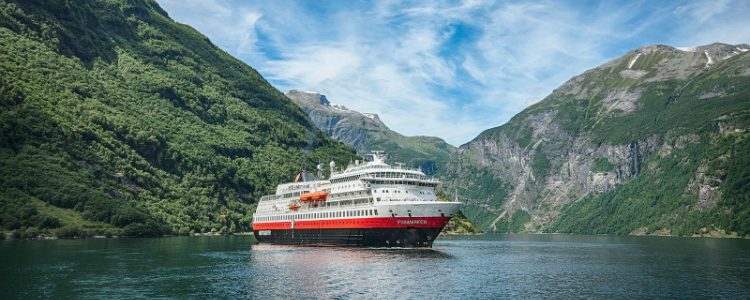
No Comments
Be the first to start a conversation